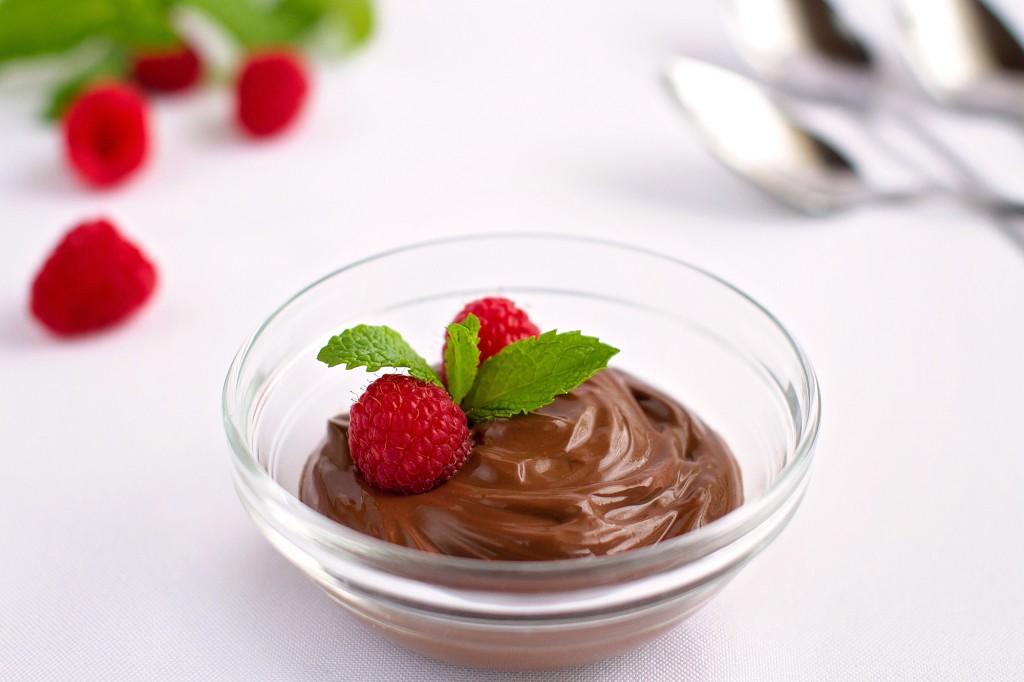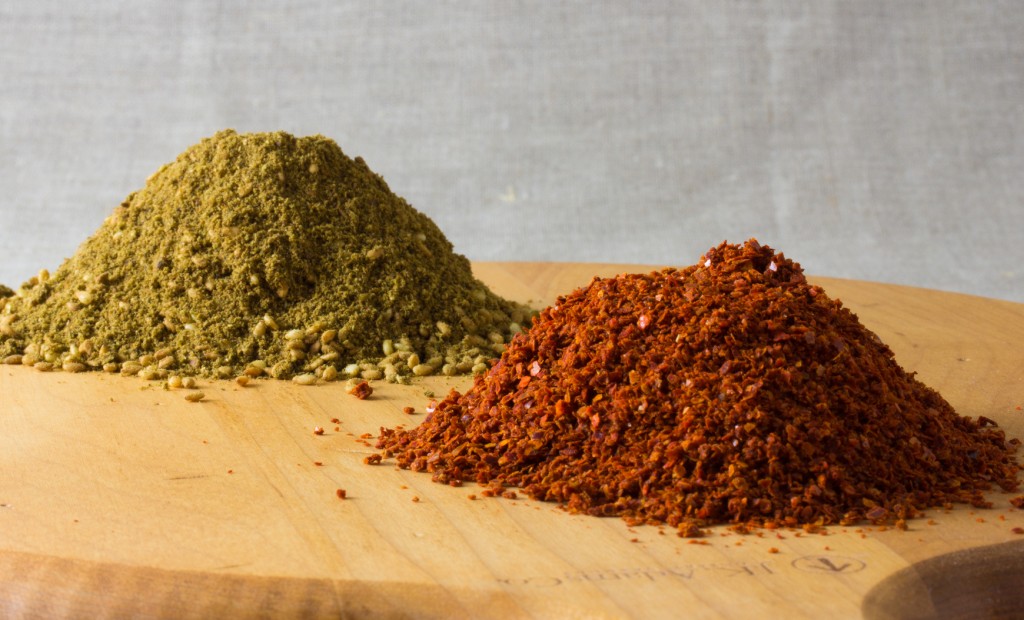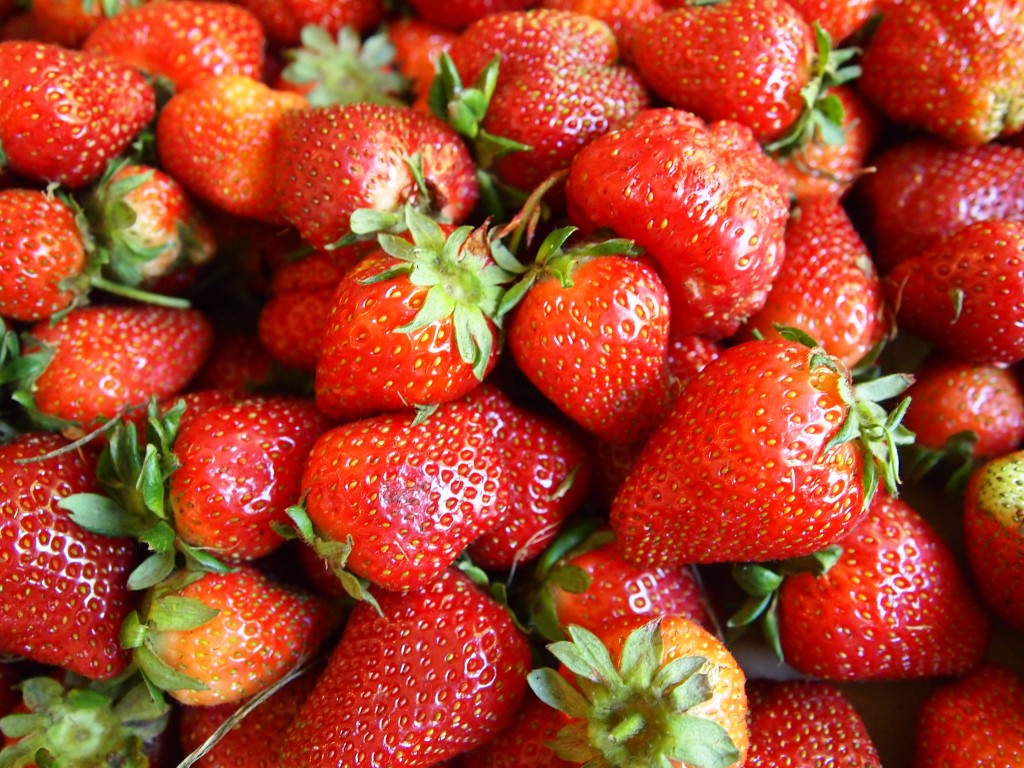
Spice It Up: It’s Good For You!
Photo Credit: Mattie Hagedorn, via Flickr Creative Commons
Herbs and spices provide more than flavor to our dishes. There is significant research showing that these culinary treasures have many health benefits. Everyday tantalizing seasonings such as cinnamon, garlic and oregano protect against many chronic conditions, including heart disease, cancer, diabetes and autoimmune diseases.
Herbs and spices have been used since ancient times for both culinary and medicinal purposes.
Herbs and spices have been used since ancient times for both culinary and medicinal purposes. Herbs are a major element of traditional Chinese and Ayurvedic medicine, and they have roots in Western medicine, starting with Hippocrates, the father of western medicine, who recognized the healing actions of these small, yet powerful plants. A few herbs and spices have taken the scientific spotlight with their potent antioxidants and anti-inflammatory properties. These culinary stars include turmeric, chili peppers, cinnamon, ginger, cloves, garlic, oregano, basil, thyme and rosemary.
Perhaps this group illuminates some of the health benefits of a Mediterranean diet, but you don’t need to follow a Mediterranean approach to gain the powerful benefits from these select seasonings. Dr. Dean Ornish’s Program for Reversing Heart Disease focuses on whole, plant-based foods and encourages using common herbs and spices to enhance flavor. The health benefits from these therapeutic seasonings easily translate into delicious everyday recipes.
Research on inflammation shows that even the addition of small amounts of herbs daily can make an impact on inflammation and your health. In addition, most of these tantalizing recipes include not just one powerful spice, but a blend of spices that have demonstrated a potential synergetic therapeutic effect. Much of the power behind select spices is their compelling antioxidant capability that has been shown to decrease oxidative stress and damage caused by free radicals. Oxidative stress and inflammation is at the root of many chronic conditions including heart disease, diabetes, cancer, Alzheimer’s and Parkinson’s disease, lung conditions and autoimmune diseases.
Amplified oxidative stress promotes chronic inflammation and can have damaging effects on our DNA and endothelial function, impacting cardiovascular health. Spices have been shown to have among the highest concentration of protective antioxidant activity with active properties inhibiting cell damage and inflammation. Research also indicates the positive effects of spice blends on regulating triglycerides and insulin and promoting better blood sugar management.
Sample of Spice Packed Recipes
Turmeric in Curry Powder and Ginger: The benefits of turmeric range from the ability to protect cells and decrease inflammation, improve endothelial dysfunction and improve cognitive function.
Suggested Recipe: Vegetable Curry (See Sample Menu 3)
Ginger: The benefits of ginger include improved digestion, relief of nausea, decreased inflammation and cell protection.
Cinnamon: Promotes blood sugar and triglycerides management, protection against nerve damage and improved cognitive function.
Suggested Recipes: Apple Spice Muffins (See Sample Menu 2)
Garlic: A study found that people who took 900 mg daily of garlic powder slowed the development of atherosclerosis. It also found that garlic acts as a blood thinner, which may help prevent heart attacks and strokes.
Suggested Recipes: Smoky Chipotle Sauce (See Sample Menu 3)
Oregano, Rosemary, Garlic: Rosemary has been shown to have anti-inflammatory properties.
Suggested Recipe: Spinach and Mushroom Lasagna
Cayenne, Chili Peppers, Oregano, Garlic, Cilantro: Capsaicin found in chili pepper and cayenne has pain-relieving properties from inhibition of substances that promote inflammation, along with immune boosting potential.
Suggested Recipe: Smoky Bean Tacos with Corn (See Sample Menu 3)
How do you spice up your meals to enhance flavors and reap the medicinal rewards?







